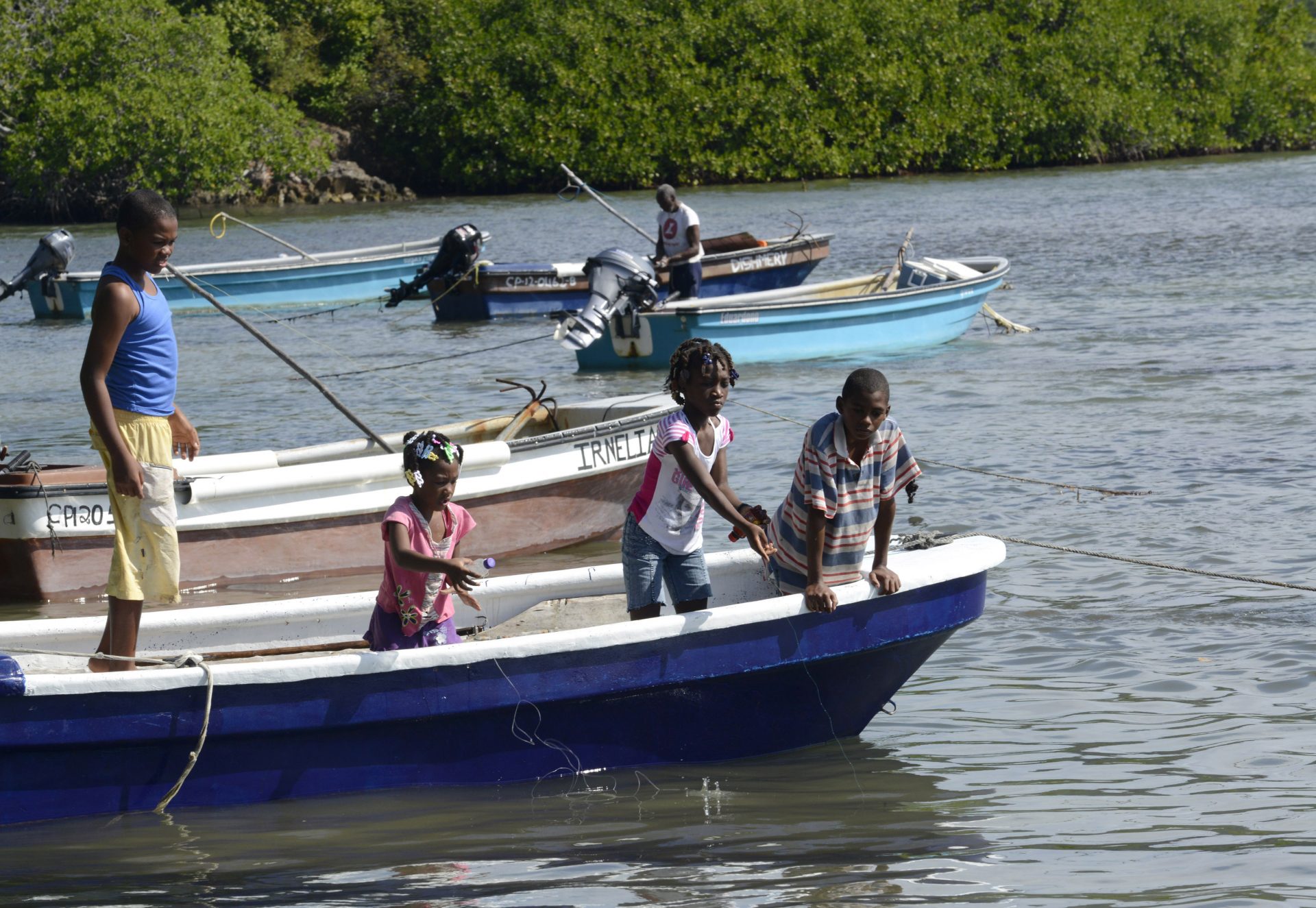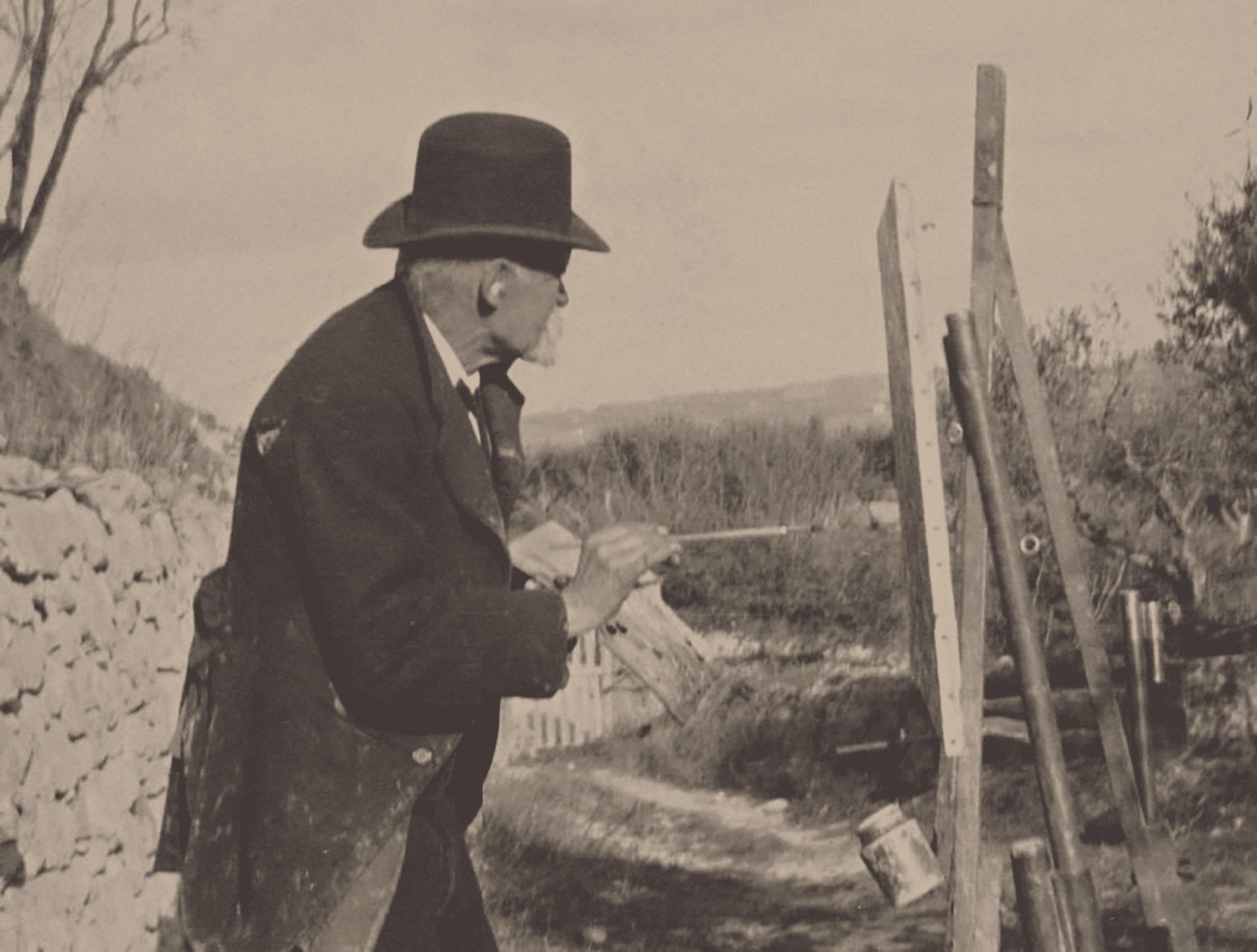For the first 1,200 years of its existence, English was a rather unimportant language, confined to islands on the far edge of Europe. It had no significant role anywhere else. Then in the 1600s, this situation changed very dramatically, and English suddenly started spreading to other parts of the world, a process which still continues.
The first countries – or places that have now become countries – which English spread to were the USA, Bermuda, Canada, and Barbados, which all received anglophones in the years between 1607 and 1627. But the next nation to acquire a community of native English speakers will perhaps come as something of a surprise – in 1630, the English language arrived in Colombia.
The Colombian islands of San Andrés and Providencia are situated in the Caribbean Sea about 380 nautical miles northwest of the Colombian mainland, though they are not much more than 100 nautical miles from the Atlantic coasts of Nicaragua and Panama. Having probably always been uninhabited, they were first settled by English Puritans, some of them arriving directly from England and others from Barbados. A little later, English planters from Jamaica also arrived, bringing their black slaves with them. The islands remain English speaking to this day.
This English colony turned out not to be very successful, and the Spanish managed to seize control of it in 1641. Then, in 1670, English buccaneers – led by the infamous Welsh pirate Henry Morgan, who later (perhaps rather surprisingly) became deputy governor of Jamaica – took the islands back. They then became the subject of a long dispute for control between Spain and Britain, until the islands were officially decreed to be Spanish in 1786.
San Andrés and Providencia gained independence from Spain as part of Colombia in 1822. At that time Colombia still also included the area which has since become the nation of Panama. But when Panama seceded from Colombia in 1903, San Andrés and Providencia did not secede along with it, and today they remain officially attached to a country which they are as geographically distant from as London is from Hamburg, and which is mainly Spanish speaking while they are still anglophone.
The same English buccaneers were also very active on the Miskito (Mosquito) Coast of Nicaragua. As a result of this buccaneering activity, the English government established a protectorate over Miskito Indian territory in the Caribbean lowlands of Nicaragua, and over neighbouring areas of Honduras.
The Mosquito Coast’s principal city is today called Bluefields. The nearby Honduran Bay Islands of Roatan, Utila and Guanaja (which was recently sadly devastated by fire) were also occupied by Englishspeaking buccaneers, in 1642, and many of their population today are still white English speakers.
The legitimacy of the protectorate was contested by Spain and, according to the 1786 Convention of London, Britain agreed to evacuate British settlers and their slaves from the Miskito Coast. However, Honduras was not ceded by the British to the Spanish until 1859, and even then British Honduras, now Belize, remained a British possession and is currently an independent Commonwealth nation.
One not very widely known contemporary consequence of all of that English and then British buccaneering and settlement is that a great deal of the Caribbean coastline of Central America, from Belize down through Honduras, Nicaragua, Costa Rica and Panama, remains English-speaking to this day.
Buccaneer
Buccaneer comes from French boucan, borrowed from the indigenous Brazilian language Tupi, where it meant a wooden frame for smoking meat over a fire. Buccaneer originally meant someone who smoked meat on a boucan, like the Indians did, and was then extended to roving European pirates who adopted an Indian lifestyle.




